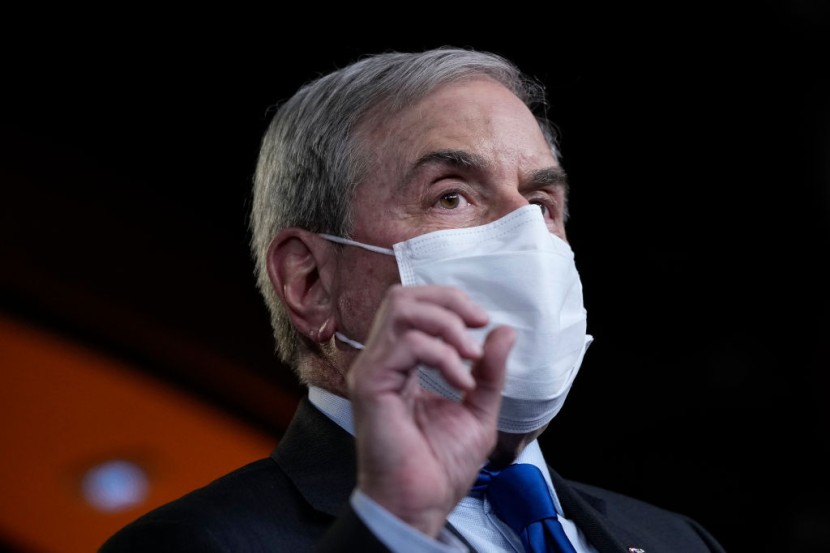
The federal unemployment benefits are unlikely to be extended as House Democrats have not openly expressed their support of the financial support to be included in the massive $3.5 trillion spending package.
House Budget Chair John Yarmuth, a Kentucky Democrat, said that he has not heard any interest from other lawmakers about extending the enhanced unemployment insurance. The politician said the issue has not been a part of discussions during meetings between officials.
End of Federal Unemployment Benefits
The federal unemployment benefits that provide financial assistance to residents who have lost their jobs amid the pandemic are set to expire in two weeks. This includes the Pandemic Unemployment Assistance that provides support for gig workers and freelancers. It also means the end of another federal initiative that gives payments to people who have maxed out state benefits.
Century Foundation, a left-leaning agency, discovered in a recent analysis that a projected 7.5 million people would lose all of their unemployment aid on September 6. But Yarmuth's statement suggests the complete lack of support of Democrats in an extension of the benefits, Business Insider reported.
Earlier this month, Sen. Joe Manchin from West Virginia said that he did not support the extension of the enhanced unemployment insurance. He argued that the economy of the United States was slowly returning back to normal. Other Democratic moderates, including Sen. Angus King of Maine, have also announced that they were reluctant to back the extension of the financial support programs.
The situation comes after United States President Joe Biden urged states who have relatively high unemployment rates to provide federal aid money to extend benefits for jobless workers. The unemployment benefits that are scheduled to expire on Sept. 6 run under a $1.9 trillion economic aid bill that was enacted in March.
Read Also : Social Security Income: Millions of the Country's Retired Workforce To Receive an Increase Payout in 2022
The programs include a $300 weekly supplement for traditional benefits paid by states, additional weeks of benefits for long-term unemployed residents, and a special pandemic program that helps those who do not qualify under normal unemployment benefits, the New York Times reported.
Lack of Support from Officials
While the programs are administered by state officials, the federal government is the one paying for the benefits. The bill also included $350 billion in relief funds that aim to support state, local, and tribal governments.
In a statement, Biden said that he believes it was appropriate for the $300 benefits to expire as scheduled because it was always meant to be a "temporary" solution. However, he said that the stimulus bill allowed states to use their relief funds to prolong other parts of the benefit programs, and he has called on lawmakers to make sure of the fact.
In Illinois, the Department of Employment Security urged claimants to be aware that the unemployment programs in the region would end on September 4. The benefits that are set to expire in the area include the Pandemic Unemployment Assistance (PUA), the Federal Pandemic Unemployment Compensation (FPUC), the Pandemic Emergency Unemployment Compensation (PEUC), and the Mixed Earners Unemployment Compensation (MEUC).
Officials said that while the economy continues to recover from the effects of the coronavirus pandemic, residents who are still struggling can look for assistance from the Illinois Department of Human Services, Illinois Housing Development Authority, Illinois Department of Commerce, and Economic Opportunity, and Get Covered Illinois, WEEK reported.
Related Article:
Child Tax Credit: How to Make Sure You Receive Your Payments
© 2026 HNGN, All rights reserved. Do not reproduce without permission.








